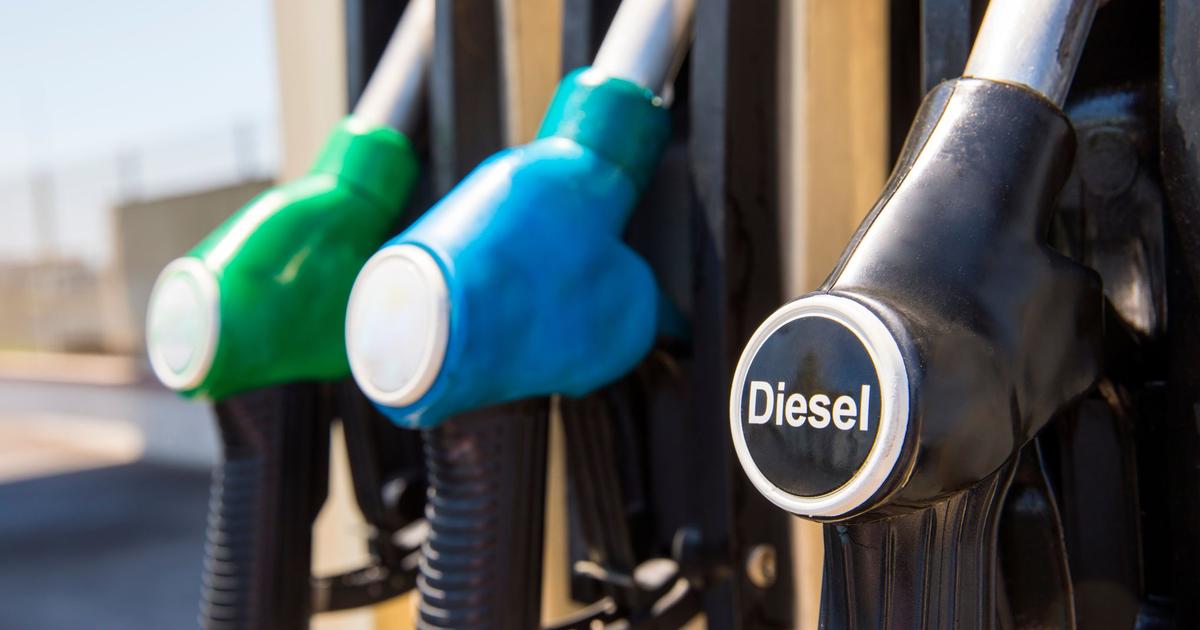A laconic "yes" is all it has taken for former Audi CEO Rupert Stadler to confess his responsibility in the dieselgate case being tried in Germany. The former director of the Volkswagen Group subsidiary has admitted that he knew that it was possible that the diesel engines of his vehicles were manipulated and that, despite having been able to intervene, he did not do so. That is, he was aware that his company could be deceiving hundreds of thousands of drivers with tricked engines with illegal software that camouflaged the polluting emissions of their cars.
Stadler has acknowledged that he "accepted" the possibility that vehicles with the illegal software were sold and that he "did not inform" the partners of the Volkswagen Group, according to the brief statement read by his lawyer, Ulrike Thole-Groll, before the court that judges him in Munich. "Yes," he simply said when the president of the chamber asked him if those were his words. The 60-year-old former head of the four-ring brand is the main defendant in Germany's first criminal trial over the global dieselgate scandal.
Stadler became in June 2018 the first major executive of the Volkswagen Group to be arrested in Germany and temporarily sent to prison for his alleged involvement in the case of manipulating engines to camouflage emissions. The scandal erupted in September 2015 in the United States and left in evidence that the German giant had used illegal software in millions of vehicles.
The executive spent more than four months in pre-trial detention. Until now Stadler had denied the accusations, but an agreement with the Prosecutor's Office has led to his change of strategy. In exchange for acknowledging his role in the fraud, his sentence will be reduced. The court is expected to reach a verdict in early June after more than two-and-a-half years of proceedings. The former Audi boss's confession is not complete. According to the words of his lawyer, he did not know for sure that the vehicles had been tampered with, but that this was "a possibility" that he "accepted" without taking any action. In his statement Stadler apologizes to the buyers. "I understand that, for my part, I should have been more careful," his lawyer read.
Expected appearance
The statement of the main defendant of dieselgate was highly anticipated after the court reported at the beginning of the month that the prison sentence he faced would be reduced to between 1.5 and two years and a fine of 1.1 million euros if he confessed to the fraud.
Three other executives are being prosecuted in the same process, and all have confessed. The court dismissed the accusation against an engineer in exchange for a fine of 25,000 euros and to act as a key witness to clarify what happened. Both engine developer Giovanni Pamio and former head of that division Wolfgang Hatz have also confessed that they oversaw the design of the software so that the engines met legal emissions standards during testing but not on the road.
Several German prosecutors opened investigations for fraud, stock market manipulation or misleading advertising against executives of Volkswagen, Audi and Porsche after the outbreak of the dieselgate scandal in 2015. The US environmental agency EPA accused the Volkswagen Group of having installed in 11 million of its diesel vehicles – about 600,000 of them in the United States – a device capable of falsifying the results of anti-pollution tests and concealing emissions that were sometimes up to 40 times higher than the authorized limits.
The Volkswagen car group, based in the German city of Wolfsburg, was sentenced to pay a fine of 1,000 million euros for the manipulation of gas emissions in its diesel engines. The company did not appeal and said publicly that it accepted the decision, in a way to assume its responsibility in dieselgate.
Follow all the information of Economy and Business on Facebook and Twitter, or in our weekly newsletter







